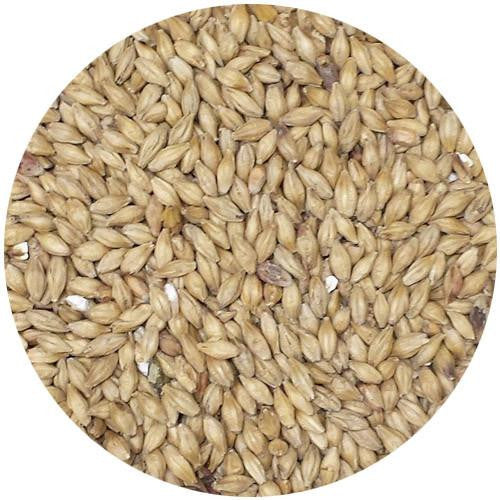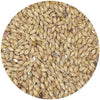Barke® is a variety with all-round advantages: Agronomically, it has relatively short, sturdy stalks and is fairly resistant to leaf rust, leaf scald, net blotch, and mildew. In the malt and brew houses, it excels because of its large kernel diameter, good kernel homogeneity, good germination potential, superior diastatic power, excellent extract yield, high apparent attenuation, moderate levels of soluble nitrogen, and low beta-glucan values. Only its friability rating is average. A wort made from Barke® also maintains its color well during the kettle boil. This makes it a particularly sought-after base malt for pale ales and blond lagers, especially for Pilsners. In the finished beer, Barke® contributes a good body, a rich and deep malt aroma, and a creamy head with good foam stability.
These are some of the reasons, why the Weyermann® Malting Company has decided not to let Barke® be forgotten, even though Barke® is now being superseded in large-scale agriculture by newer thoroughbred-varieties with even higher extract and attenuation values. Weyermann® can do this, because it sources virtually all of its barley from reliable contract farmers, who plant their fields exactly to Weyermann® specifications. Therefore, Barke®, as an all-time great in the history of barley varieties, with its unique qualities especially for artisanal beers, will continue to have a home in the portfolio of Weyermann® specialty malts for years to come.
Malt Type: Base / Specialty
Grain Origin: Germany
Color: 1.5-2.2 °Lovibond (2.5-4.4 EBC)
Protein:
Moisture:
Extract (dry):
Diastatic Power:
Usage: 100% max.
Weyermann® Barke® Pilsner malt is perfect for creating authentic lager style beers.
It enhances body and mouthfeel substantially in the finished beer, while imparting intense malt aromas.
What also sets Barke® Pilsner malt apart is it’s excellent process characteristics in the brew-house and during filtration, coupled with increased extract efficiency.


